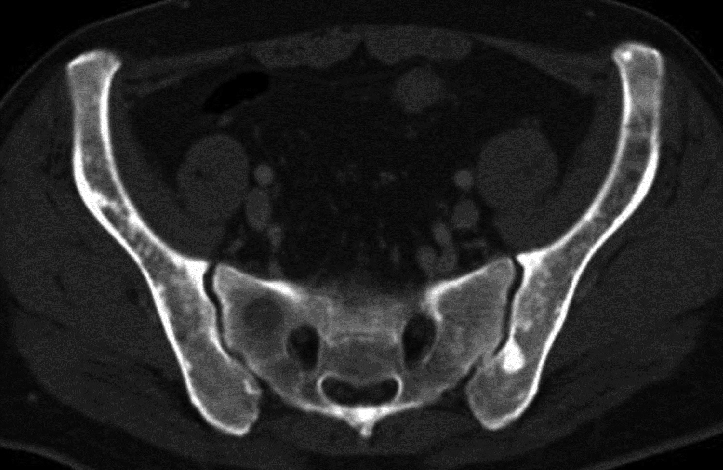
Dr. Suhas S. Kumar provides expert care for a range of bone abnormalities, conditions that affect the structure and function of the bones. Bone abnormalities can include congenital disorders, deformities resulting from trauma or disease, and conditions such as osteoporosis or bone tumors. Dr. Suhas’s extensive experience in orthopedic and surgical care ensures that each patient receives a thorough evaluation and a personalized treatment plan to address their specific needs.
The treatment of bone abnormalities begins with a comprehensive assessment to accurately diagnose the condition and determine its impact on bone health and function. Dr. Suhas employs advanced imaging techniques, such as X-rays, CT scans, and MRIs, to obtain detailed views of the affected bones. This diagnostic approach enables him to develop a precise treatment plan tailored to the type and severity of the bone abnormality.
Management of bone abnormalities often involves a combination of non-surgical and surgical treatments. Non-surgical options may include physical therapy, bracing, or medication to manage symptoms and improve function. For conditions requiring more invasive intervention, Dr. Suhas utilizes advanced surgical techniques to correct deformities, stabilize fractures, or address underlying issues. His expertise in various orthopedic procedures ensures that patients receive effective and minimally invasive treatment whenever possible.
In cases of severe bone abnormalities, such as complex fractures or bone tumors, Dr. Suhas may recommend surgical intervention to restore bone integrity and function. This can involve procedures such as realignment of bones, the use of internal fixation devices, or, in some cases, bone grafting. Dr. Suhas’s approach to surgery is focused on achieving optimal results while minimizing risks and promoting a swift recovery.
Post-treatment care is crucial for managing bone abnormalities and ensuring long-term health and function. Dr. Suhas provides comprehensive follow-up care, including monitoring the healing process, adjusting treatment plans as needed, and offering guidance on rehabilitation and lifestyle modifications. His commitment to patient-centered care ensures that individuals receive the support they need throughout their recovery journey, helping them regain strength and mobility and improve their overall quality of life.